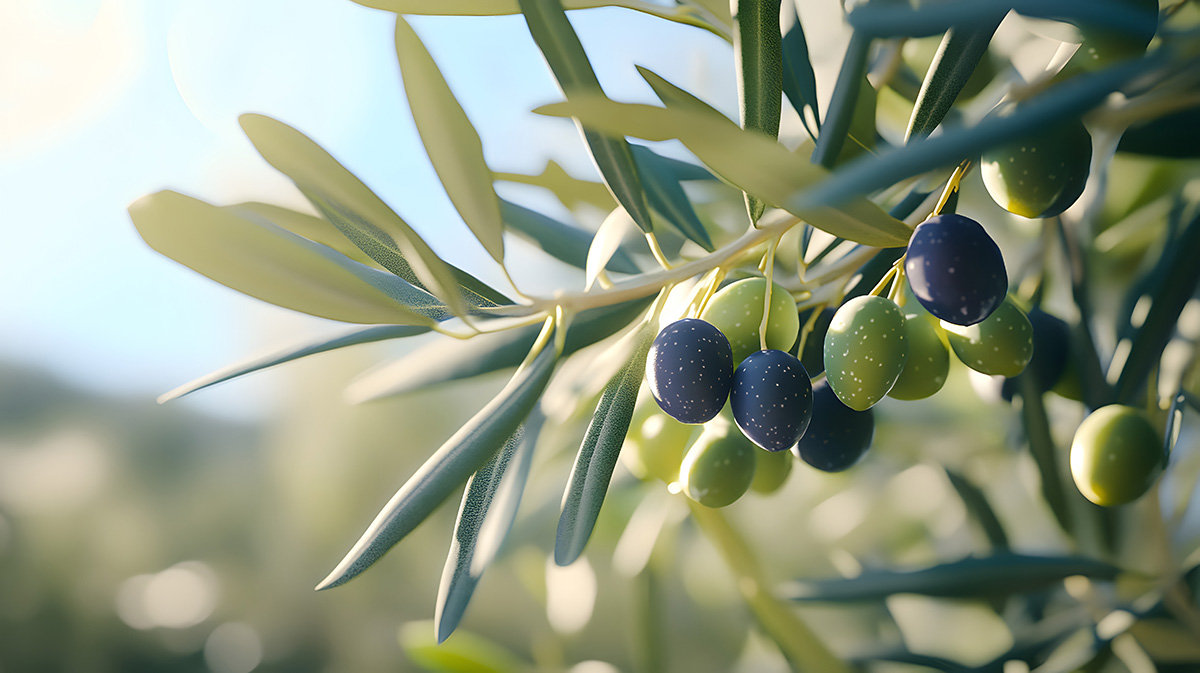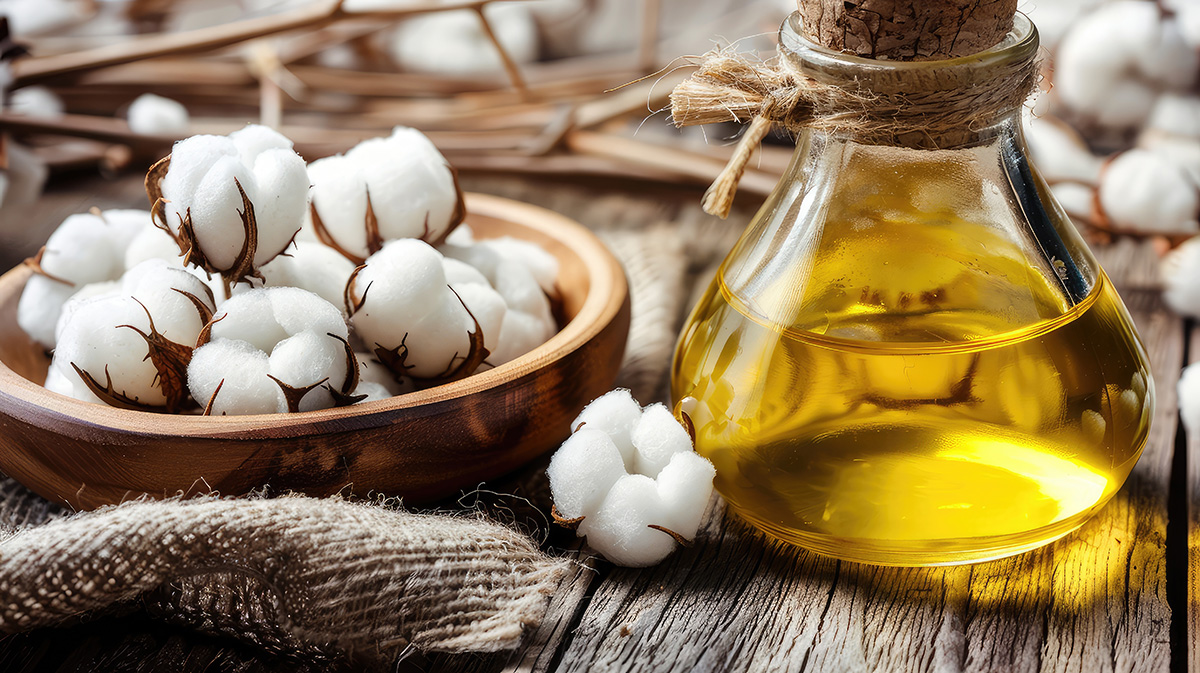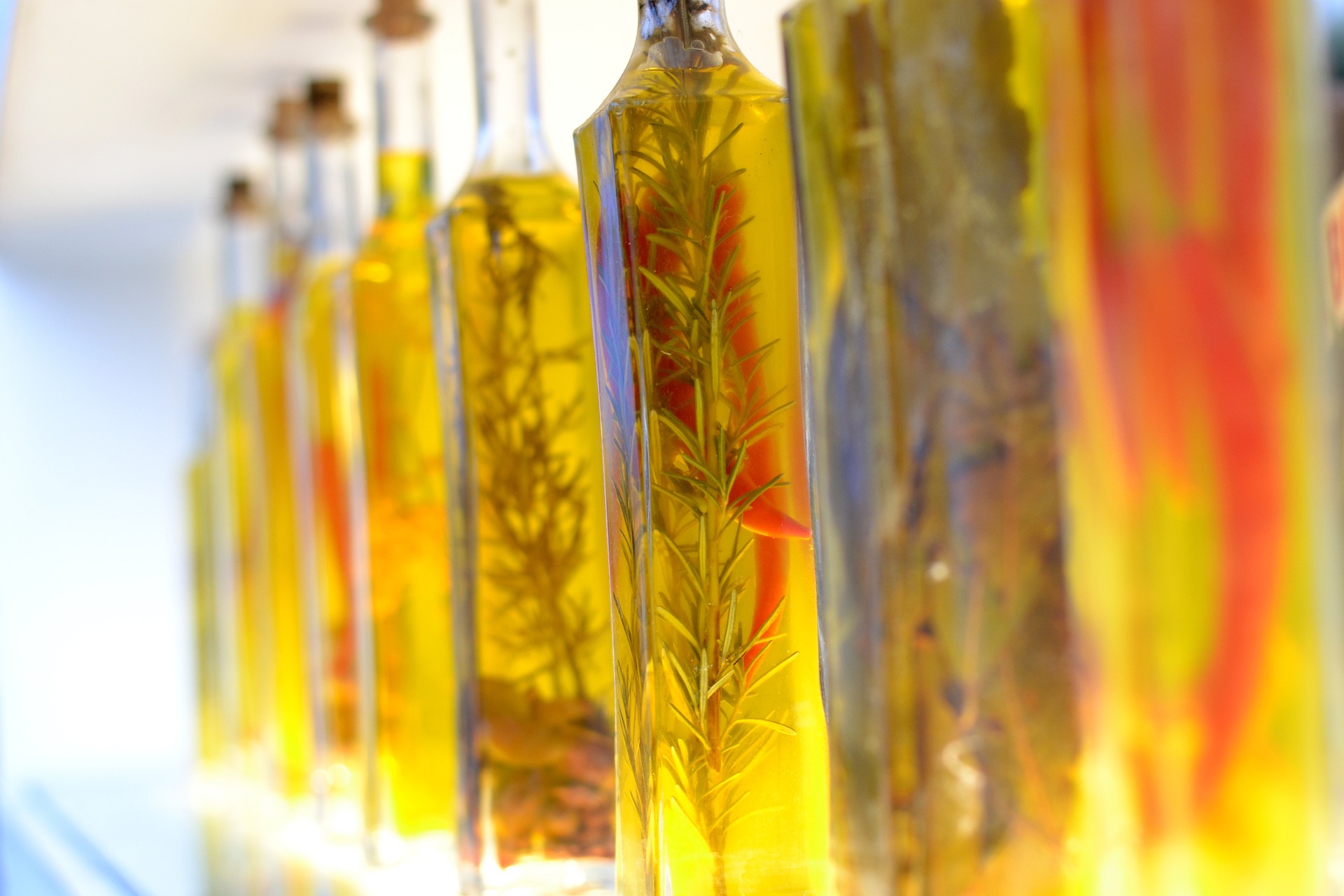Fat, fat, fat, seems to always get a bad rap! But Fat isn’t unhealthy. In fact, the brain loves fat and hormones (especially sex hormones) love fat! Fat is also essential for the human body to work optimally. What happens when women of post pubescent age don’t have enough fat? They lose their menstruation by way of something called hypothalmic ammenorhea. And also that thing called cholesterol; we need healthy fats, or high density lipoproteins (healthy cholesterol) to carry low density lipoprotein (undesirable cholesterol) away from the arteries and back to the liver where it’s broken down and passed from the body. Fats are also important in heart health, blood sugar, inflammation, hormone balancing. They also help keep us satiated, so if you’re not eating enough fat, chances are you are eating more than your body needs in carbs and sugar. And if you want gorgeous skin and hair, you need fat for that too.

That being said, some fats are better than others.
The best fats to consume are ones that are cold pressed and least processed, like olive oil, avocado, coconut, ghee. These are the best and cover almost any use you have for at home, for cooking it’s better to avoid using extra virgin olive oil, reserve that for salad dressings and what not. The others just have a higher smoke point, avocado being the highest.
Now, the worst oils; coined as the ‘Hateful Eight’ are called industrial seed oils and are typically vegetable oils, very confusing, right? It is confusing, for so long we’ve heard that saturated fats are ‘bad’ for us but is polyunsaturated better? No, this actually couldn’t be farther from the truth. These oils are marketed as ‘heart healthy’ but research is showing us that the high Omega 6 in them throws the delicate balance of Omega 6 and Omega 9 off and can actually contribute to heart disease. In addition, these oils oxidize easily, contain harmful additives, toxic by products and almost always come from GMOs.
What are industrial oils? What does that mean?
It means that the oil isn’t readily available so we have to use high heat and solvents to extract it. Once extracted they are then refined and sometimes chemically altered. That process completely destroys the molecules and any antioxidant benefit we might have gotten from them. Why does that matter? Won’t we just expel it? Actually no. The cell membranes that wrap each cell in our body is comprised of lipid (fat) and protein, if the lipid is unnatural then that cell can’t function properly, so industrialized oils destroy our cells.
What are the Hateful 8?

Here you go:
Canola, Corn, Cottonseed, Soybean, Sunflower, Safflower, Rapeseed, and Rice bran
If industrial oils are so bad, why are they in everything?
Simply put. It’s cheap. It’s way cheaper to process these oils than say ghee or olive oil. As a result they are in most processed foods, so read your labels. And that also means most restaurants use them as their preferred source for cooking, frying and even in their salad dressing. Eating them during an elimination diet (or anytime really) will make things more difficult since they cause cellular inflammation and toxic load.
Another reason is because of marketing geniuses. If you’d like to go down a rabbit hole, the history of how it all started with cottonseed oil for soap making is fascinating.
As research is being released, things are changing, new companies are popping up with unique cold press technology without solvents or chemicals which also retains the nutrient qualities of the seeds. Two of these companies are Andreas Seed Oils and Zero Acre Farms.
But for now, try your best to stick with the basics; olive oil, avocado and ghee.





